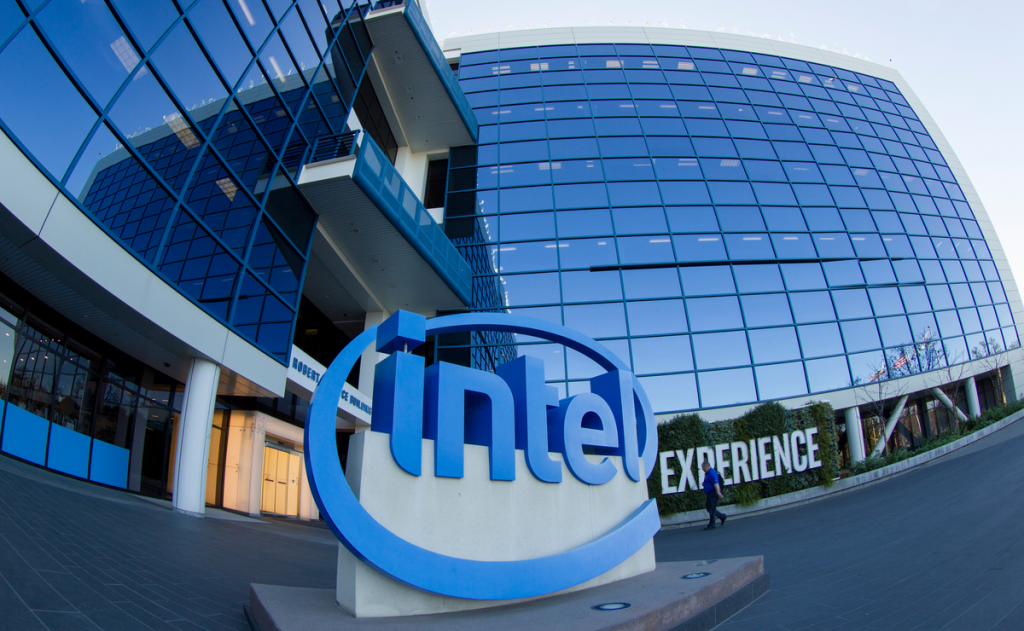Highlights –
- Project Amber functions as an independent trust authority in the form of an innovative service-based security implementation code.
- Intel aims to create a new multi-cloud, multi-trusted execution environment or TEE service for third-party attestation with this new project.
Intel, the world’s largest semiconductor chip manufacturer, recently announced Project Amber, a new service designed to unify and authenticate confidential computing across single, multi, and hybrid-cloud environments.
Project Amber aims to provide businesses with remote verification of the trustworthiness of a compute asset in the cloud, at the edge, or on-premises. It will function as a separate service from the infrastructure provider hosting confidential work.
Intel is currently working with independent software vendors to enable trust services, including Project Amber. Initially, the goal of Project Amber is to support confidential computational workloads as bare metal containers, virtual machines, and containers executing in virtual machines leveraging Intel trusted execution environments.
“As organizations continue to capitalize on the value of the cloud, security has never been more top of mind. Trust goes hand in hand with security, and it is what our customers expect and require when delivering on Intel technology,” said Greg Lavender, Chief Technology Officer, Senior Vice President, and General Manager of the Software and Advanced Technology Group at Intel. “With the introduction of Project Amber, Intel is taking confidential computing to the next level in our commitment to a zero-trust approach to attestation and the verification of computing assets at the network, edge, and the cloud.”
According to Intel, the core principle of trust behind a confidential computing environment is developed via a concept called attestation, which works toward testing workloads’ security.
Verification is an important process for organizations transitioning to hybrid and remote work environments; enterprises must know their employees are working on secure and confidential platforms.
With support from a hardware-based trusted execution environment (TEE), Intel believes Project Amber is a step toward creating a new multi-cloud, multi-TEE (trusted execution environment) service for third-party attestation.
Project Amber, for example, will act as an independent attestation service, guaranteeing that containers are not undertaking their verification process. This provides users with an additional level of security when they trust that the environment in which they are working is secure and authenticated.
Intel sees Project Amber as an independent trust authority in the form of innovative, service-based security implementation to reach the goal of increased trust assurance. This invention will provide organizations confidence that their compute assets are secure and have been independently verified to be secure. Using a third party for attestation aims to offer organizations peace of mind, ensuring that their environments are appropriately secured.
In the early rollout of Project Amber, Intel anticipates the service to run on various platforms, including bare metal containers, virtual machines, and containers operating in virtual machines using Intel TEEs. The initial version will only support Intel TEEs, with plans to expand coverage to platforms, devices, and other TEEs.
The service is designed to be cloud-independent, supporting confidential computing workloads in the public cloud, private cloud, hybrid cloud, and edge computing. Trust has become essential in many industries today, preventing organizations from being exploited by different kinds of malware and ransomware.
According to Intel, a customer pilot of Project Amber will begin in the second half of this year, with wide availability for organizations in the first half of 2023.
Intel’s new solution announced at the Vision 2022 event would deliver attestation and assurance-as-a-service.














